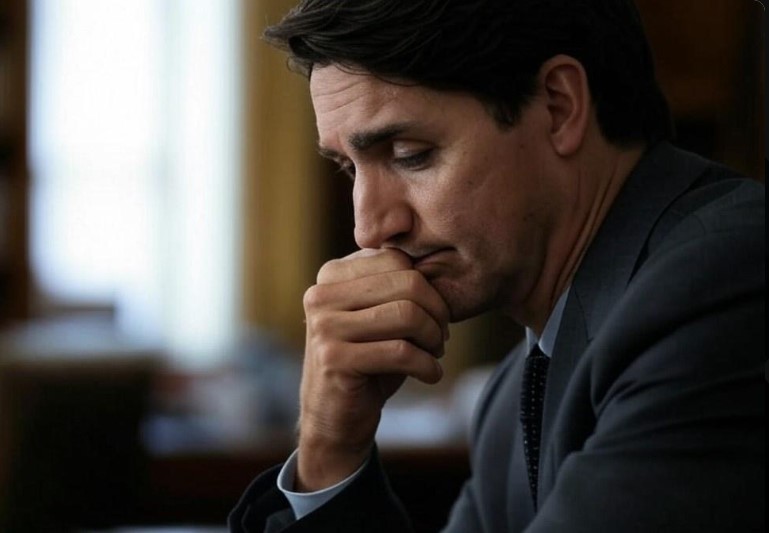
Justin Trudeau’s resignation as the Prime Minister of Canada and leader of the Liberal Party can be attributed to a confluence of internal and external pressures, strategic political decisions, and a significant decline in public support. Here are key analysis points based on the provided information:
1. Decline in Public Approval:
Trudeau’s tenure was marred by a significant drop in public approval ratings. Various polls and analyses indicated that his popularity had waned, particularly due to economic issues like inflation, housing crises, and the handling of immigration policies. This erosion of support made his position increasingly untenable as the Liberal Party faced the prospect of electoral defeat.
2. Internal Party Pressure:
There was considerable internal dissent within the Liberal Party. Reports highlighted that a substantial number of Liberal MPs, especially from Ontario, had agreed that Trudeau should resign, signaling a loss of confidence in his leadership. This internal revolt was partly driven by strategic considerations to save the party from a potential electoral wipeout.
3. Economic and Policy Failures:
The economic situation under Trudeau’s leadership, including high inflation rates and housing unaffordability, was perceived as a direct failure of his policies. His approach to these issues, coupled with controversial decisions like the carbon tax, did not resonate well with the electorate, further pushing his approval ratings down.
4. Leadership Crisis and Cabinet Resignations:
The abrupt resignation of key figures like Chrystia Freeland, the Deputy Prime Minister and Finance Minister, over policy disagreements, particularly concerning the response to U.S. trade tariffs, was a significant blow to Trudeau’s government. These high-profile exits highlighted internal discord and policy paralysis, contributing to the narrative of ineffective leadership.
5. Strategic Resignation:
Trudeau’s decision to resign was strategically timed to allow for a leadership race within the Liberal Party before the next federal election. This move was likely an attempt to salvage the party’s chances by presenting a new face to the electorate, potentially mitigating the fallout from his own declining popularity.
6. External Political Climate:
The political landscape was shifting with the opposition, particularly the Conservative Party under Pierre Poilievre, gaining momentum. Poilievre’s critique of Trudeau’s governance and the promise of a change in direction resonated with an electorate frustrated with the status quo. Trudeau’s resignation might have been seen as a necessary step to prevent a landslide Conservative victory.
7. Personal Commitment and Legacy:
Trudeau, in his resignation speech, emphasized his commitment to fighting for Canada but acknowledged that internal battles within his party would detract from his effectiveness in the upcoming election. His decision to resign was framed as a way to ensure the country had a “real choice” in the next election, suggesting a focus on his legacy and the future of the Liberal Party over personal ambition.
8. Symbolic Timing:
The timing of Trudeau’s announcement might also have been influenced by symbolic considerations, such as avoiding a direct comparison with his father’s resignation, which was famously decided during a “walk in the snow.” This could have been an attempt to manage the narrative around his exit.
In summary, Trudeau’s resignation was a culmination of public disapproval, internal party dynamics, economic policy failures, and strategic political maneuvering. This move was likely intended to give the Liberal Party a chance to regroup under new leadership for the forthcoming elections, potentially altering the political landscape significantly.
 Maui News
Maui News





